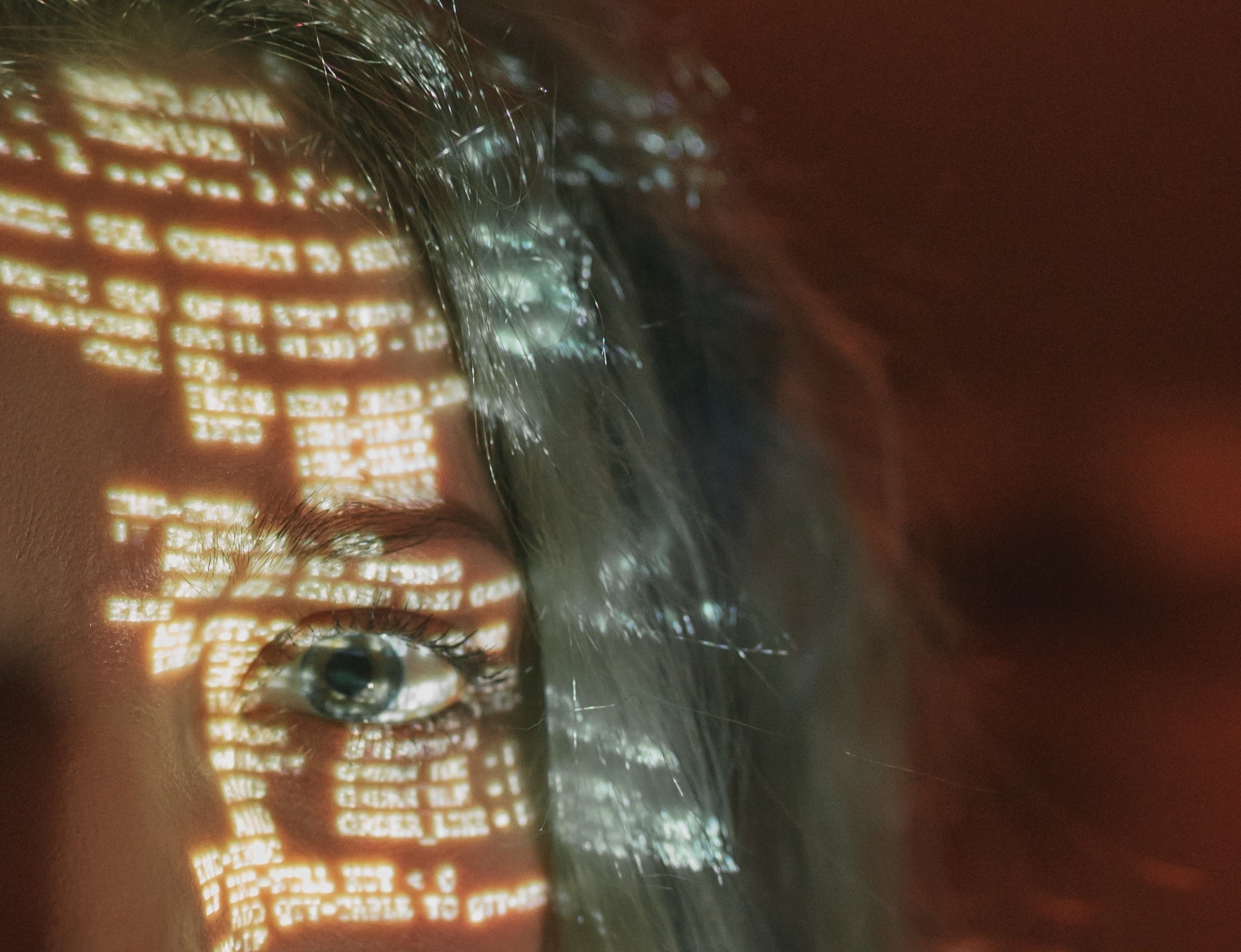Mindful practice depends on the ability to be aware in the moment – attentive to your own thoughts and feelings during everyday activities. Good clinicians are self-aware – able to distinguish their own thoughts and feelings from those of their patients and to reflect on their own judgements and decisions in a curious way. Mindfulness is “seeing things not as they are but as we are”. In contrast, mindless practice involves a degree of self-deception – ignoring the data or feedback that does not accord with one’s own view of the situation; especially if that feedback is critical.
Working with doctors in difficulty requires a mindful approach as well as an ability to help the doctor to become more mindful about his or her own situation. Approaching the doctor as if the difficulty is only the doctor’s, rather than considering the role of others or yourself if you are involved in the situation, may not only contribute to the difficulty but may lead to further misjudgement of the situation and failure to resolve it.
Similarly, the doctor in difficulty (who is often labelled as “difficult”) may be in that position because he or she lacks mindfulness – in other words, the doctor is unable or unwilling to pay attention to their own feelings or impact on others (closely akin to emotional intelligence); to reflect on their own clinical practice or continuing professional development; and unable to see a situation from others’ perspectives (empathy). Such doctors often deceive themselves – and indeed others – about the limits of their own competence; showing blind certainty or even wilful blindness about errors or omissions that are only too apparent to others. Attempt to support and remediate should include training in how to become more mindful.
For doctors, and those who manage and support them, the benefits of mindfulness are many and include:
- Handling challenging clinical situations (difficult decisions; sharing bad news; handling a demanding patient)
- Self-care (managing work-life balance; coping with stress)
- Avoiding mistakes (situational awareness; accurate interpretation of information)
- The doctor’s own feelings and emotions (anger; conflict; boundary setting)
Many of the ideas in this blog were drawn from the work of Ronald Epstein, MD who has written inspiring papers about Mindful Practice. Mindfulness training is widely available: For self-help in Mindfulness refer to: “Mindfulness: A Practical Guide” by Mark Williams and Danny Penman
by Dr. Jenny King




















